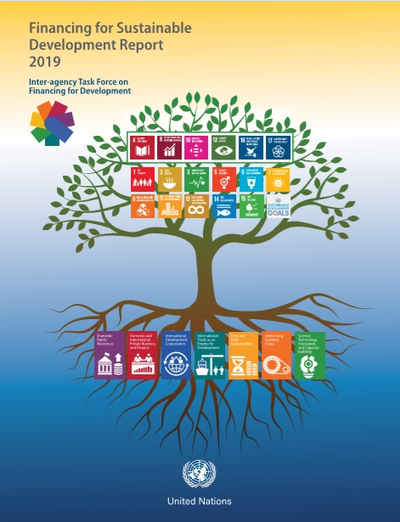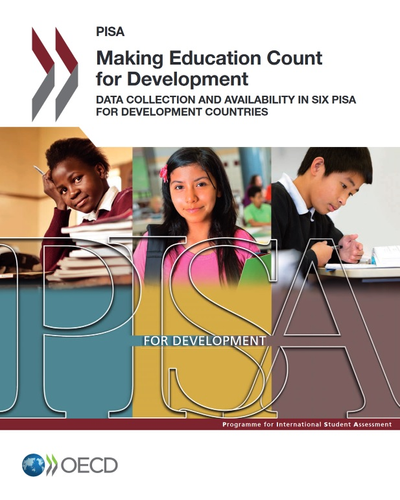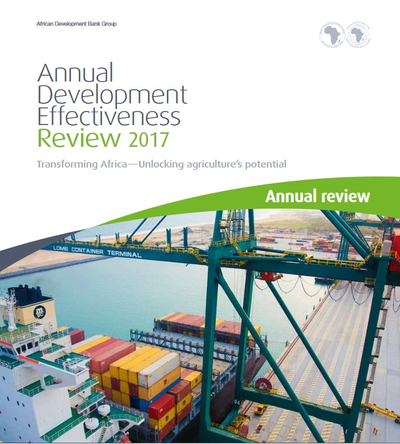Social analysts note that some dissenting voices greeted the decision of President Goodluck Jonathan’s administration to remove part of the subsidy paid on petrol and pool the accruing funds to finance the country’s social and infrastructural development. They recall that the critics of the decision then believed that the removal of subsidy would negatively impact on the living standards of Nigerians because of the ripple effects of adjustments in petrol price on the prices of all essential commodities. They, however, note that the cynics were sooner proved wrong by the impressive achievements recorded by the various intervention programmes of the Subsidy Reinvestment and Empowerment Programme (SURE-P) which was inaugurated in 2012. The Graduate Internship Scheme (GIS) is one of the Social Safety Net projects of SURE-P and it is aimed at providing graduates with quality temporary work experience that will make them stronger candidates for job placements after a one-year internship. Analysts believe that GIS is quite beneficial since it is common knowledge that most of the employed graduates have no prior working experience and such graduates are often rejected by employers who prefer experienced workers. In the scheme, the Federal Government pays a monthly stipend of N30,000 to the graduates, while the participating organisations provide adequate opportunities for training and mentoring during the one-year internship. One of the main objectives of GIS is to enhance the employability of more than 50,000 unemployed graduates across the country through designed internship programmes. Observers note that GIS has done much by stimulating the development of the technical and vocational sector by enhancing its manpower development capacity.
See more at: http://www.mynewswatchtimesng.com/enhancing-education-development-via-graduate-internship-scheme/#sthash.sRpvM6Kj.dpuf





